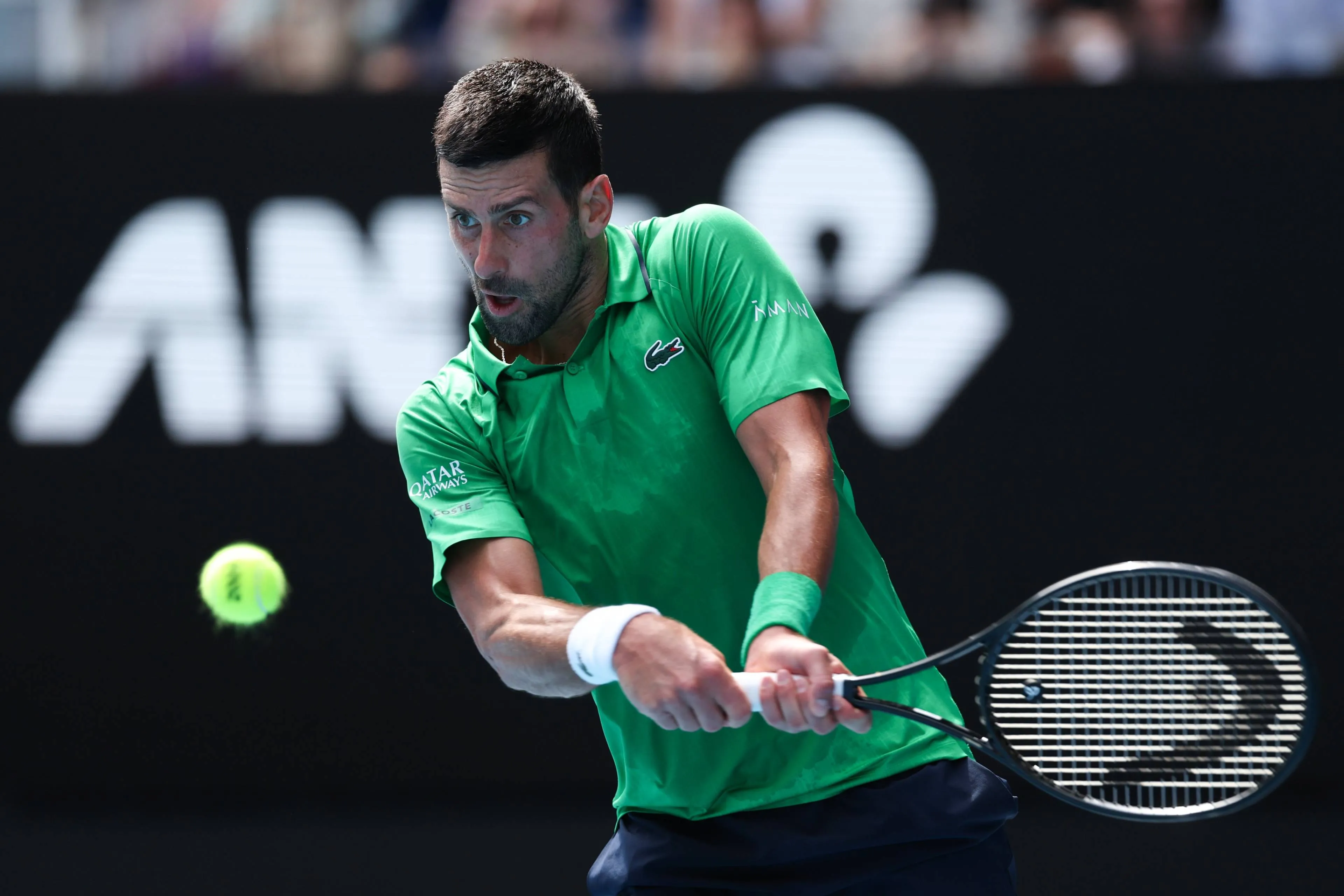Jannik Sinner 'A Million Miles Away From Doping' Insists WADA After Case Settlement
NewsWednesday, 19 February 2025 at 10:00

A high-ranking figure in the World Anti-Doping Agency (WADA) has tried to explain why Jannik Sinner was nowhere near doping after the governing body resolved his case out of court.
WADA appealed the International Tennis Integrity Agency's (ITIA) decision to clear Sinner of wrongdoing after its investigation into the Italian testing positive for clostebol at March's Indian Wells Open.
Initially, WADA seemed to want a ban of between one and two years implemented. That threat hung over Sinner for several months, even though the ATP world No. 1 continued to perform impressively, including winning the 2025 Australian Open after the appeal was announced.
The fact WADA went to the trouble of appealing and looked like it wanted a lengthy ban meant many were left stunned when the governing body and Sinner agreed to a three-month ban to avoid needing the appeal hearing at the Court of Arbitration for Sport.
A recent admission from WADA general counsel Ross Wenzel has caused even more surprise. Based on the scientific evidence from the billionth of a gram of clostebol in Sinner's system, Wenzel told BBC Sport that Sinner was absolutely nowhere near doping.
"This was a case that was a million miles away from doping. The scientific feedback that we received was that this could not be a case of intentional doping, including micro-dosing."
There has been a polarized reaction to Sinner's three-month ban. Nick Kyrgios thinks the ban should have been longer and called it a sad day for the sport, but many others have defended the 23-year-old and his reaching a case settlement.
Wenzel said WADA had been sent messages from those who believed the three-month ban was too high. Others holding the opposite view makes him think the governing body might have got the three-month ban correct.
"WADA has received messages from those that consider that the sanction was too high and, in some respects, if you have some saying this is unfair on the athlete, and others saying it's not enough, maybe it's an indication that although it's not going to be popular with everyone, maybe it's an indication that it was in the right place."
Read also
The WADA general counsel also responded to the timing of Sinner's ban, which ensures he will not miss any Grand Slams. Former world No. 4 Tim Henman was among those who felt the timing was too convenient.
Wenzel rejected any notion that Sinner was timed so he would not miss any Grand Slams and said the deal was decided on Friday and then announced immediately the next day.
"Once you've reached an agreement, what you can't do is then say 'oh, but we're going to have this apply from two months in the future for a period of three months. It must come into effect quickly. Of course, once the deal is done, it's important that it is executed and that it is made public for reasons of transparency."
"So it happened, because of the timing of the CAS proceedings, it happened to be decided last Friday, it was a very late night, and it came into effect immediately, so that is the reason for the timing."
"The sanctions that we impose and the code even says this, they're blind to the calendar. The correct sanction should be imposed and it comes into effect when it comes into effect and it shouldn't be modulated or modified to take into account whether the events that are coming up are significant or not significant."
Read also
Loading








